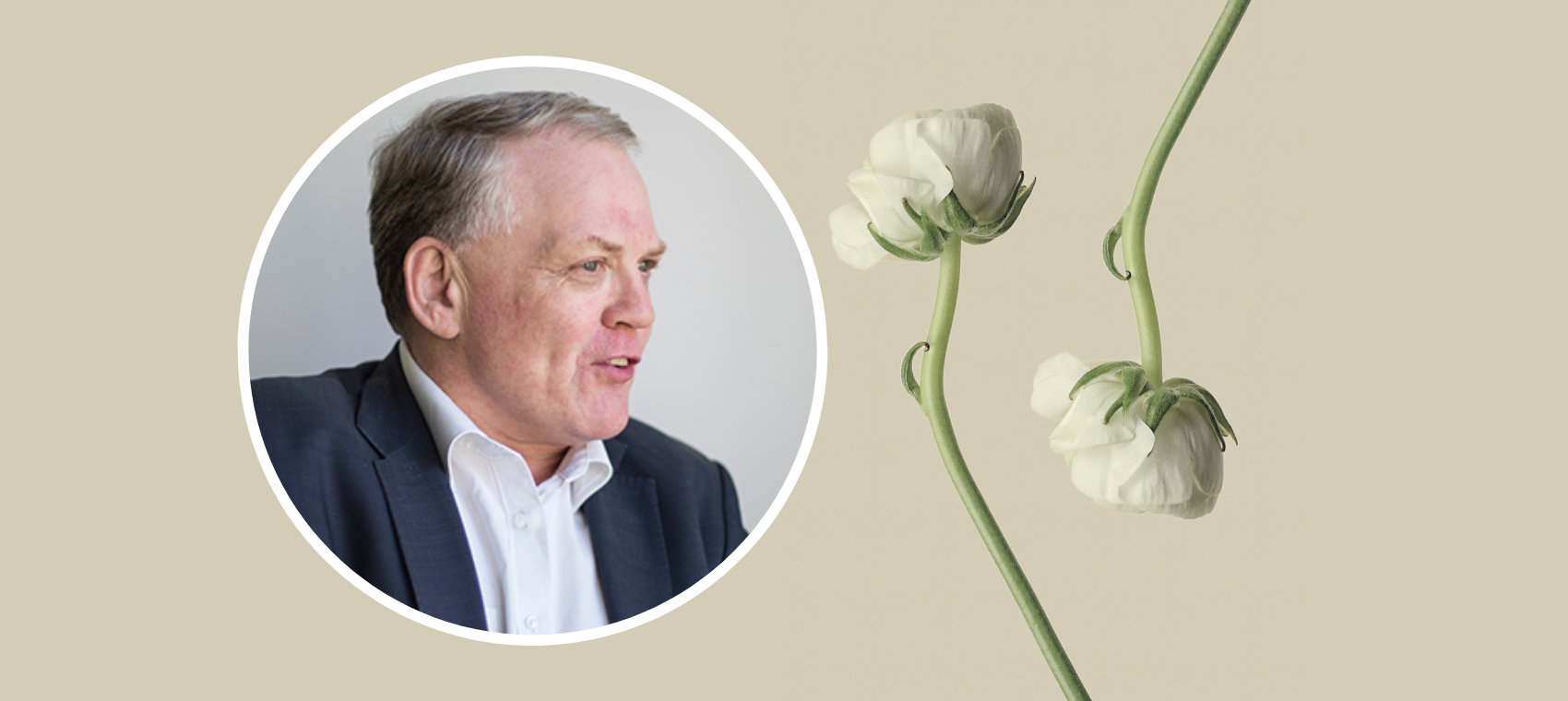Three key ‘waves’ for publishers moving into ecommerce
Ecommerce is an increasingly viable revenue option for publishers, heard delegates at the Digital Media Europe conference last week, and there are three key ‘waves’ to making it work. Story from Journalism.co.uk.
Publishers must diversify into other industries in order to survive, delegates to the WAN-IFRA Digital Media Europe conference in London were told, and ecommerce is a viable starting point.
Speaking in the opening session, Alceo Rapagna, chief digital officer of RCS Media Group, took a survey of delegates to understand their expectations on how traditional and digital revenues would grow in the near future.
Based on those expectations, he said, it would take many years for a publisher to see a return to growth in revenues.
At RCS, which boasts 300,000 digital subscribers and 30 million monthly users across its range of European titles, Rapagna said the publisher is looking to innovate in e-commerce to support revenues.
They aim to achieve this in three “waves”, he said.
In the first wave, publishers “leverage powerbrands” to sell “extended editorial content” to readers.
At RCS, popular sport papers such as Marca in Spain and La Gazzetta dello Sport have been selling “newspaper add-ons” such as books or DVDs, “historical pages” around key events in a readers life or favourite team and exclusive brand merchandising
In the second wave, publishers can partner with e-commerce companies around editorial themes – travel, beauty, parenting, home/design and sports were Rapagna’s examples – bringing readers and advertisers together around their areas of interest.
In the third wave, where RCS is still experimenting, Rapagna encouraged publishers to “structurally pursue” putting offers into the right context in the page or article the reader is viewing.
In this case, magazines have developed a catalogue of offers in partnership with e-commerce companies to offer clothes or sporting goods when the reader is viewing a relevant article.








